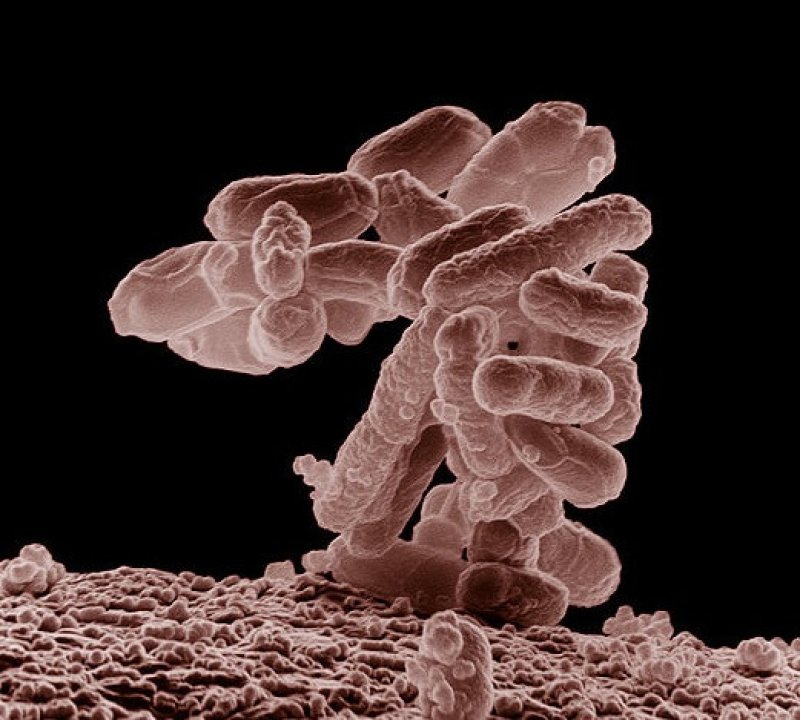Since 1988, biologist Richard Lenski has been rearing the E. coli bacteria from a single microbe at Michigan State University. 25 years later, Lenski and his team have produced 50,000 generations of the bacteria.
Lenski and his team have frozen the bacteria every 500 generations, which they can then thaw out and put in a dish, allowing them to see how fast each grows under identical conditions. Lenski’s team is then able to accurately gauge the relative fitness of the bacteria, which is a measurement of natural selection. In the early years of the experiment, the fitness of the bacteria rose very fast. Within 5,000 generations, all twelve lines were growing 50% faster than the original microbe Lenski started the experiment with. Then they slowed down. By 20,000 generations, they were 75 percent faster.
Carl Zimmer has been tracking the progress made by Lenski and his team on his blog at National Geographic. “These results lead to an obvious question: were the bacteria coming to the end of their increase in fitness?” wrote Zimmer. “You can think of evolution in these cases like a mountain, with the elevation of any spot on the mountain as the average fitness of a population. Perhaps the mountain the bacteria in Lenski’s lab were climbing had steep slopes at low elevations. But now they were getting to the gentle climb just before reaching the mountain’s peak.”
Read the full, original story here: A Long Way Left Up Darwin’s Mountain
Additional Resources:































